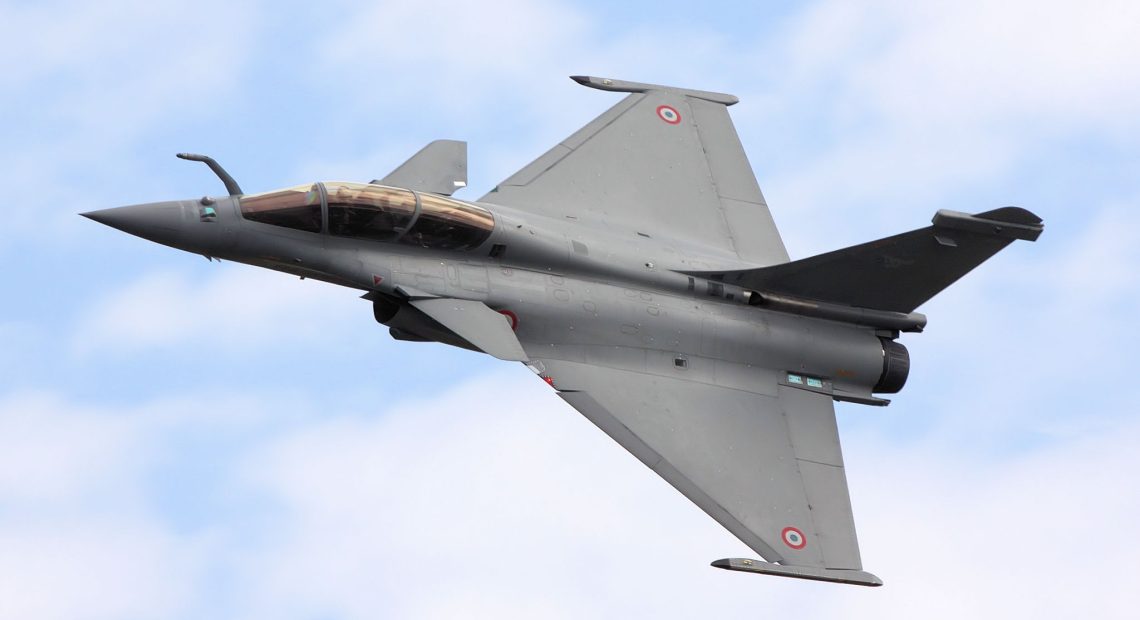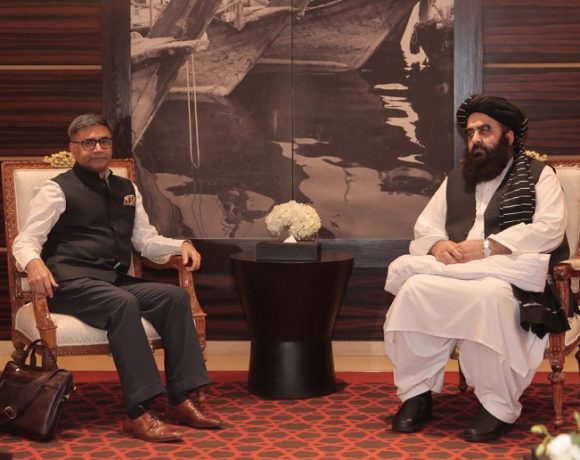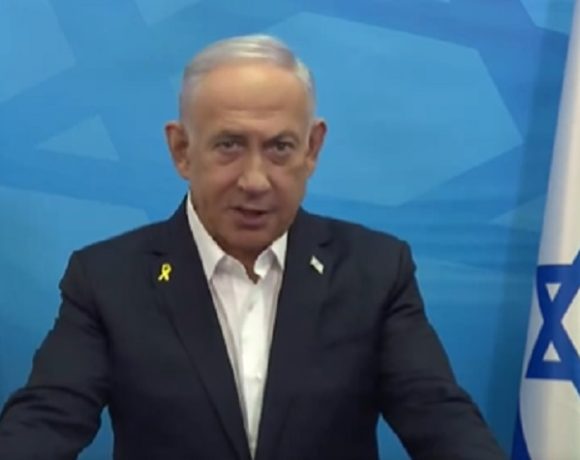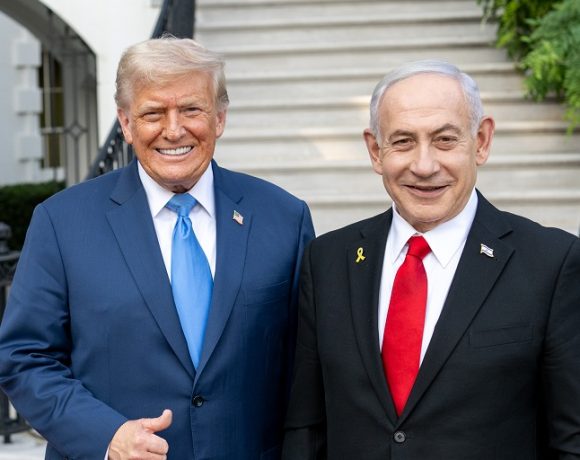
China Accused of Undermining Rafale Jet Sales via Embassy Disinformation
French intelligence agencies have alleged that China is actively working to derail global sales of France’s Rafale fighter jets through a coordinated campaign involving embassy pressure and online disinformation. The accusations come in the aftermath of high-profile combat losses involving Rafales during the India–Pakistan aerial clashes earlier this year.
Rafale sales
According to French officials, the controversy gained momentum after Pakistan claimed multiple Rafale kills during the May air war, a claim France disputes, confirming only one loss. The conflicting narratives prompted concerns among current and potential buyers, casting doubt on the jet’s performance in actual combat scenarios.
Chinese disinfo
Investigators believe China seized on this confusion to launch a broad disinformation campaign. More than a thousand new social media accounts reportedly surfaced, distributing AI-generated images and manipulated video clips that falsely depicted Rafale failures. Some of these visuals were said to be edited from video game content, deliberately designed to undermine trust in the French jet.
The campaign wasn’t limited to digital media. Defense attachés in Chinese embassies allegedly held off-the-record meetings with officials in various countries—particularly in regions where Rafale deals are ongoing or being considered. These interactions aimed to question the reliability of the Rafale while positioning Chinese-made fighters as viable, and often cheaper, alternatives.
Embassy lobbying
One notable example cited by French officials includes efforts in Southeast Asia, where countries like Indonesia have existing Rafale orders. Chinese embassy officials reportedly sought to exploit the fallout from the recent India–Pakistan conflict to cast doubt on the Rafale’s performance and push their own J-series aircraft instead.
Strategic stakes
The Rafale fighter is more than a commercial product for France—it symbolizes the country’s strategic autonomy and its role as a major defense supplier outside of NATO-dominated procurement pipelines. With over 530 Rafales sold globally, France views attempts to discredit the aircraft as part of a broader geopolitical effort to erode Western influence in defense diplomacy.
Next moves
While China has dismissed the allegations as baseless, France is said to be preparing countermeasures—including strategic outreach to reassure clients and partners of the aircraft’s combat capabilities. Intelligence agencies are also ramping up efforts to expose and dismantle the digital disinformation networks that may be part of this campaign.
This growing clash between military-industrial influence and information warfare highlights a new front in international defense competition—where the battlefield is not only in the air, but also in diplomatic briefings and social media feeds.


















